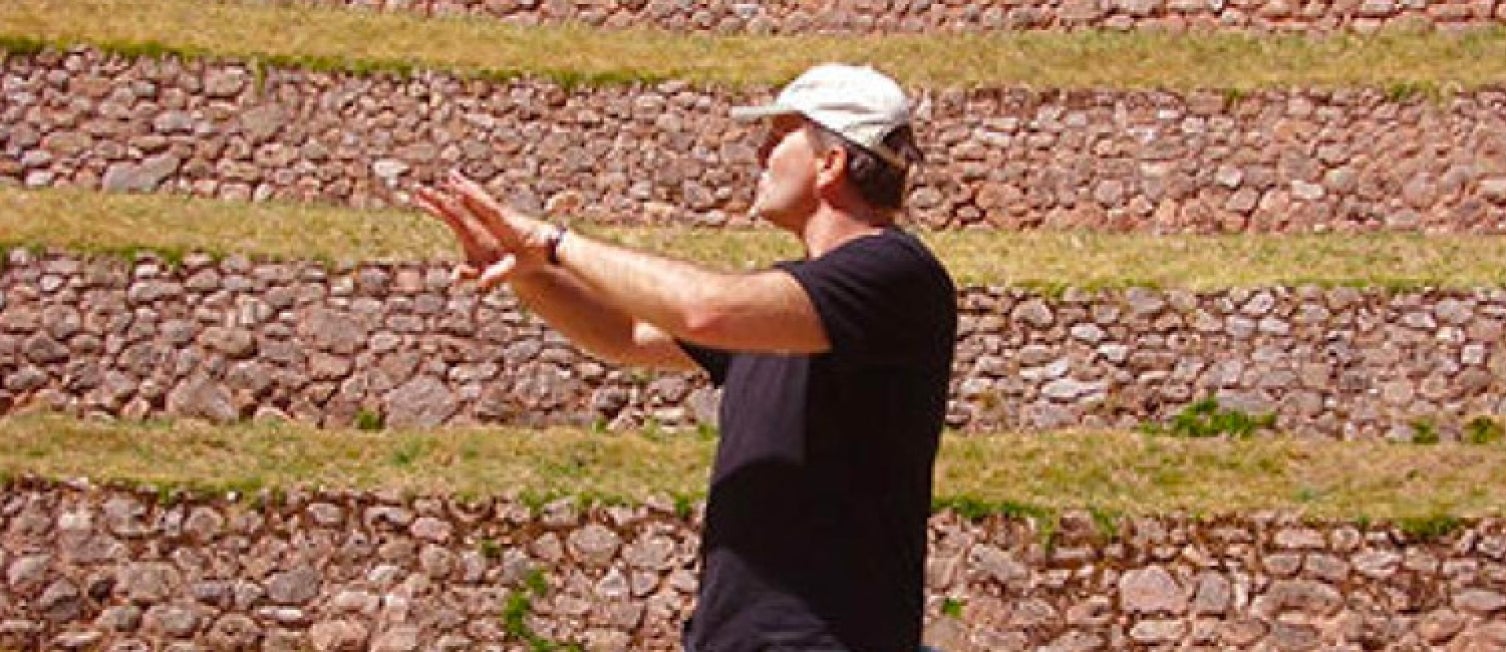
International human rights by philanthropy
Updated April 29, 2019
The first to hold the MacArthur Foundation Endowed Chair in International Human Rights at UC Davis, Charles “Chuck” Walker has both personal and academic knowledge about Latin America, including firsthand experience of the Shining Path, a violent Maoist insurgent group that led to a bloody war in Peru in the 1980s and early 90s.
"When I first lived in Peru in 1979, I was struck by the kindness of the people," Walker said. "Then, I lived in Peru during much of the Shining Path period (1980-1992) and recall reading and hearing stories about the Shining Path killing people with dynamite or bashing in heads with stones. I remember vividly being horrified and mystified by the group's extreme violence and passionate following, which made me realize I had much to learn about the movement."
Although much of his research focuses on centuries-old events, Walker is motivated by this experience to write a global history of the group’s violent uprising and its aftermath—a project that may not be possible without philanthropy.
With the funds from the endowed chair, Walker has had the opportunity to hire UC Davis undergraduate and graduate students to create a database of publications on the Shining Path and complete other work that is foundational to his research. The funds helped him create a two-part conference in 2016 on the Shining Path –– the first held at the Hoover Institute at Stanford University and the second at UC Davis. In addition, the endowed chair helped fund a recent conference at UC Davis on “Teaching Human Rights in the Americas,” with experts from Argentina, Canada, Chile, Mexico, Peru, Uruguay and the United States.
“Thanks to the endowed chair, I have been able to do extended field and archive work in the Ayacucho area, the center of the Shining Path movement. In addition, I’ve collaborated closely with the thriving Human Rights community at UC Davis and made connections with other programs in the United States and beyond,” Walker said. "This collaboration is important work because the violence on the part of the Peruvian military also taught a great human rights lesson: Indiscriminate violence, which included disappearances and the like, didn't work. The Peruvian state only defeated the Shining Path with intelligence work and by gaining the respect of the population."


